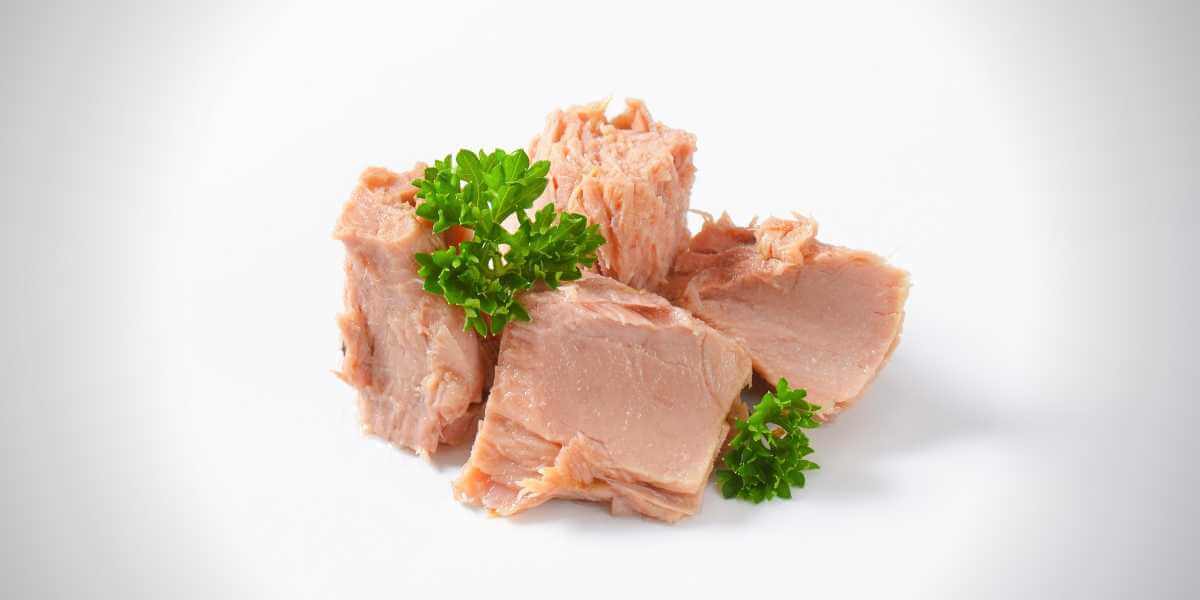Is a baked potato with tuna healthy? I'd say very! Jacket potatoes are a common favourite of athletes and fitness enthusiasts. When you look at the nutrition, it's no wonder tuna and a baked potato is a popular meal.
For starters, it's simple and quick to prepare. Chuck the potato in the microwave and by the time you've opened the can of tuna and laid the table, it's just about ready to serve.
It's also a very cheap meal and the ingredients are available at just about every supermarket and grocers in the country. It's tasty too with the strong flavour of the tuna complementing the soft, smooth flavour of the potato.
Putting all that to one side though, how does it actually square up in terms of nutrition?
More...
Macronutrients and nutrition of a baked potato
Most people are aware that potatoes are an excellent source of muscle-fueling carbohydrate.
With over 60g of carbohydrates in a large potato, over 260 of the 280ish calories come from carbohydrate. Even better, less than 4g of these carbs come from sugars. That is to say, more than 90% of the available carbohydrate comes from complex starchy carbs. Just the way your body likes it.
There's also plenty of fibre too - nearly 7 grams.
This is over one-third of the 18g per day recommended by healthy eating guidelines.
Even though you probably wouldn't think so, potatoes also supply significant amounts of protein. You'll get around 7g from a large serving. Although not a huge amount, it's still useful.
To complete the healthy macronutrient profile, the fat content is minimal. Even a large potato supplies less than 0.3g of fat.

The tuna topping - how does that affect nutrition and macronutrients?
If you use tuna canned in brine, then virtually all the calories come in the form of high-quality protein.
This perfectly complements the carbohydrate content of the potato. A 170g serving contains over 40g of protein.
Tuna canned in oil still has the same protein content, but in the same portion, you'll also get around 12g of fat. This would be around one-third of the total calories present, making the meal less of a low-fat proposition.
What other nutrition is provided from a tuna jacket potato?
Simply having the right balance of carbohydrate, fat and protein isn't enough. Your body needs a whole array of micronutrients too. Furthermore, if you look at the mineral content you can see that the humble potato doesn't disappoint here either.
There's plenty of potassium on offer and around a third of the daily requirements for iron, magnesium, manganese and copper. Vitamin-wise, a large potato provides nearly 50% of the daily RDI for vitamin C. Additionally, it'll give you a good sprinkling of B vitamins too.
Tuna is a good source of B vitamins (especially B3 and B12), magnesium, zinc and iron.
However, its real trump card is the antioxidant mineral selenium. 170g of tuna provides more than 120ug of this important protective mineral.
The drawback is though that it can also contain upwards of 500mg of sodium from added salt. Not ideal if you're on a low-sodium diet. However, the high levels of potassium in the potato do help to offset this somewhat.
How to vary and improve the nutrition to make your tuna baked potato even healthier
Put tuna and baked potato together and you have a meal that is high in muscle-fuelling complex carbohydrate, protein for muscle recovery and growth and also supplies a wide range of micronutrients.
If you stick to tuna in brine or spring water and don't lump on heaps of butter or mayo, this meal is also low in 'empty' fat calories.
Are there any nutritional gaps that can be filled though?
Well, scanning down the nutrient lists, there's only 60mg of calcium present. Given that adults require up to 1200mg of calcium per day, it would be nice to bump this up a bit.
A nifty way to increase the calcium content is to mix your tuna with natural yoghurt instead of mayonnaise.
This not only keeps the fat down but also makes the dish more palatable for some. 120g of yoghurt provides around 250mg of calcium, making over 300mg in total.
The second shortfall is with the essential fatty acids. If you really want to optimise this meal, you can also blend in a couple of teaspoons of cold-pressed flaxseed oil into the yoghurt. This will really boost the essential fat content.
Alternatively, you could serve your potato with a mixed salad sprinkled with your favourite nuts and seeds. These will supply useful amounts of both calcium and EFAs. Fresh vegetables are rich in health-boosting antioxidant phytochemicals.
So just how healthy is a tuna baked potato overall?
Heart Health
Excellent, but stay away from tuna canned in oil. Avoid adding large amounts of mayo, butter or margarine
Training and Recovery
Very good - tuna and a baked potato offers a near-perfect sports nutrition meal. A blend of carbs and protein for muscle growth, recovery and glycogen resynthesis in a low fact package
Micronutrient Content
Good, though even better with a little extra calcium and essential fat
Antioxidant Protection
Very rich in selenium, but little in the way of phytochemicals. Adding fruits or vegetables certainly helps
Key takeaways to decide how healthy a tuna baked potato is
Already a well-balanced and nutritious meal, just a few minor adjustments can really boost how beneficial it is for your body:

